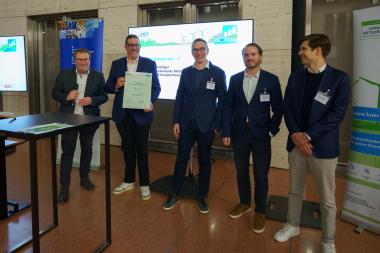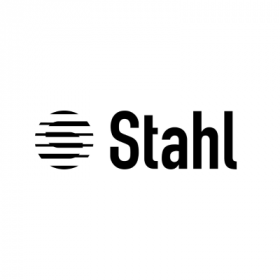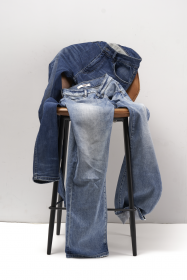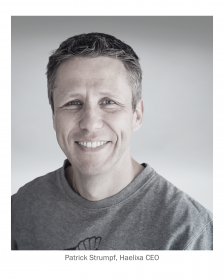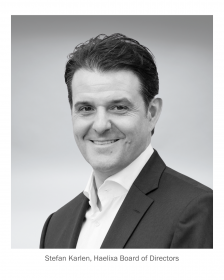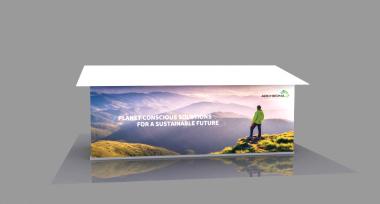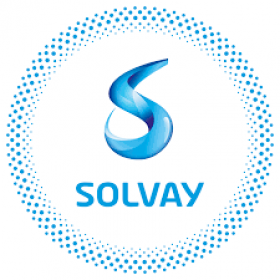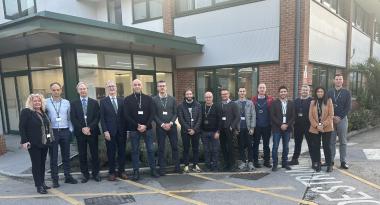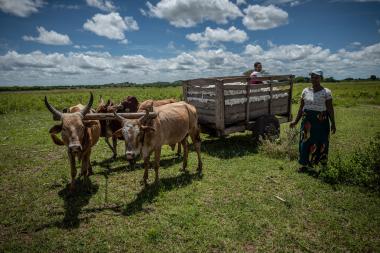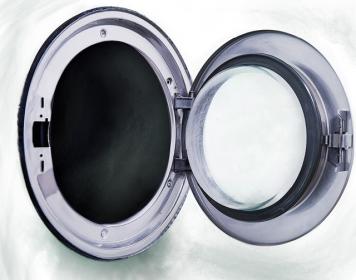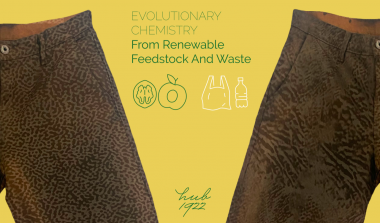Start-up: Bio-based aerogel fibres replace synthetic insulation materials
The Aachen-based start-up SA-Dynamics is developing sustainable, bio-based and biodegradable insulation materials made from aerogel fibres, thereby setting new standards in resource-saving construction. Dr Sascha Schriever (Institut für Textiltechnik ITA), Maximilian Mohr (ITA), Dr Jens Hofer (ITA Postdoc) and Dr Christian Schwotzer (Department for Industrial Furnaces and Heat Engineering IOB), who trained at RWTH Aachen University, were awarded first place in the KUER.NRW Business Plan Competition 2023 and prize money of €6,000.
SA-Dynamics relies on the impressive properties of aerogel fibres: they have excellent insulating properties, are lightweight, durable, robust, versatile and can be processed very well on conventional textile machines thanks to their flexibility. This makes them comparable to polystyrene, but still sustainable, as SA Dynamics uses bio-based and biodegradable raw materials.
"We can revolutionise the construction world with bio-based aerogel fibres," explains ITA founder Dr Sascha Schriever proudly. "If all insulation materials in construction are converted to bio-based aerogel fibres, all builders can realise their dream of a sustainable house."
SA Dynamics has come a good deal closer to its founding goal by winning the KUER.NRW 2023 business plan competition. The spin-off from Institut für Textiltechnik (ITA) and Department for Industrial Furnaces and Heat Engineering (IOB) at RWTH Aachen University is scheduled for spring 2025.
ITA – Institut für Textiltechnik of RWTH Aachen University


